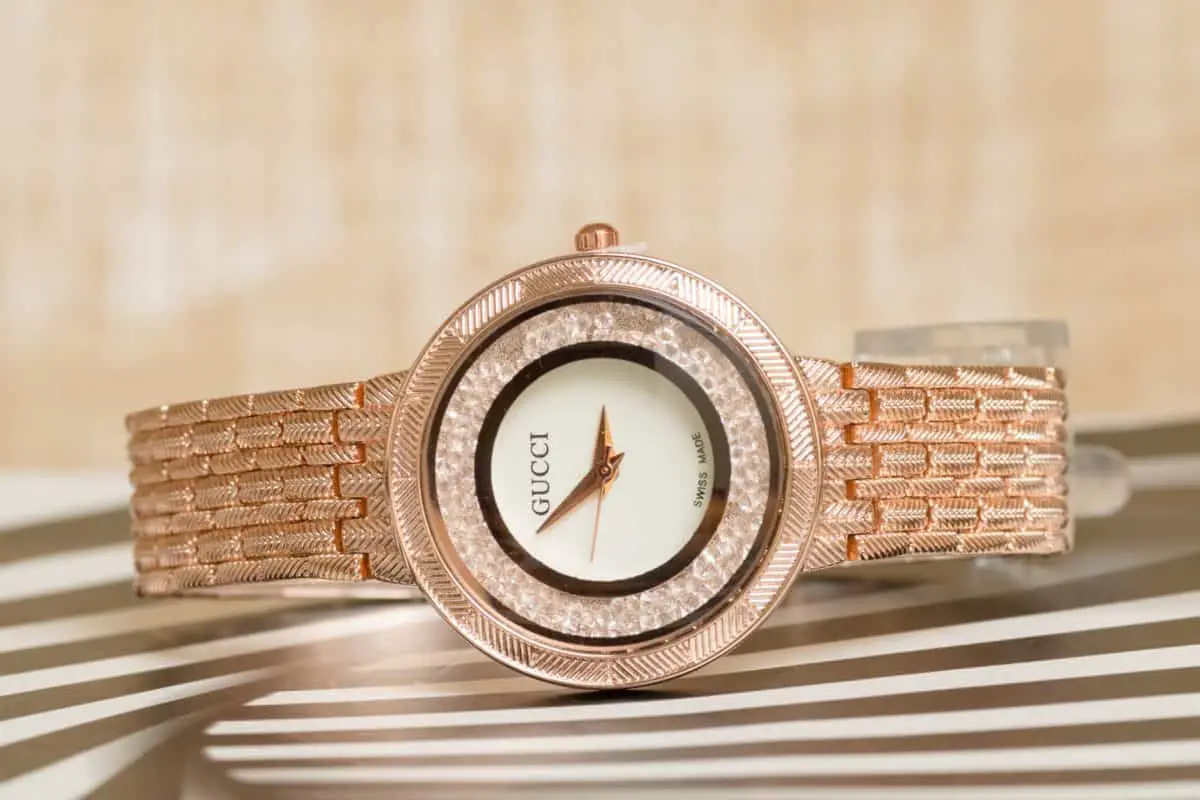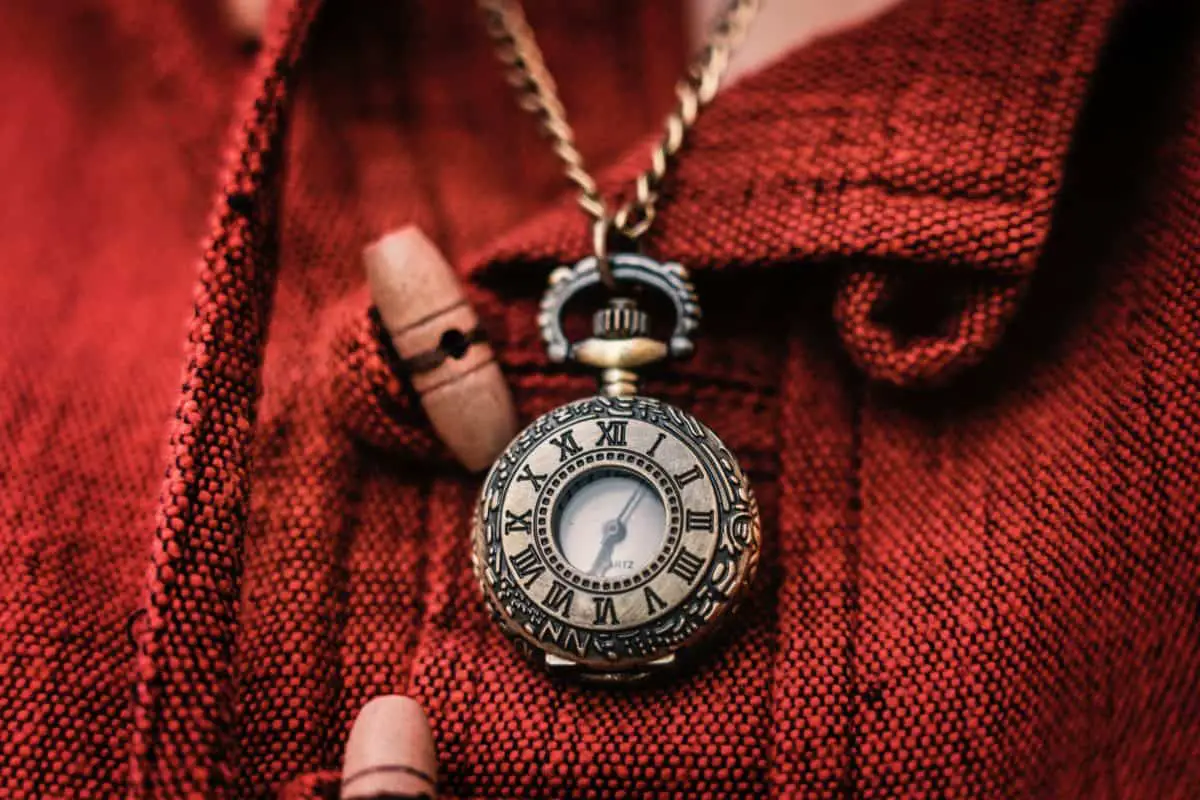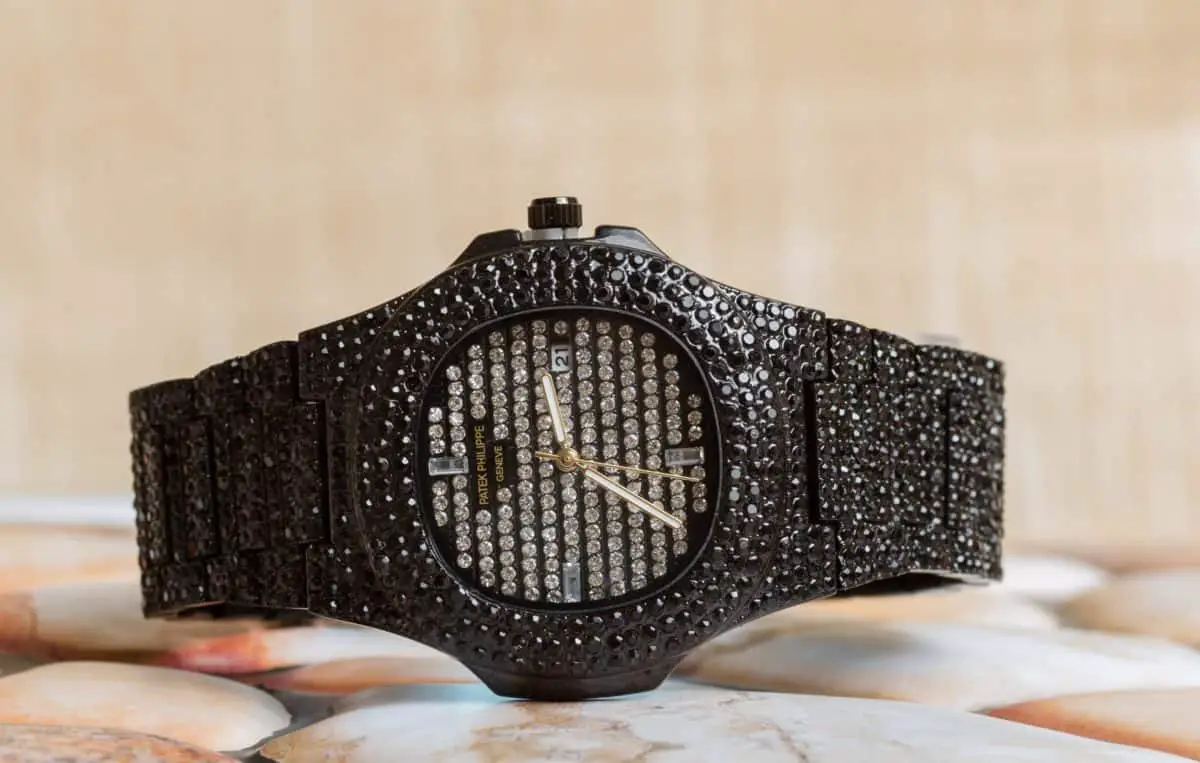Is Buying a Watch a Good Investment? [Here’s What to Know!]
Have you ever wondered why some watches are valued at more than most cars? To some degree, their value comes from their brand name and the status that comes with acquiring them. But the ultra-wealthy buy watches because of another reason: they can sell them without a significant loss.
Buying a watch is a good investment as long as you pick a watch that has a higher demand in the secondary (second-hand) market and finite supply (limited quantity) in the primary market. Otherwise, the best a watch can do is retain a bulk of its value.
In this article, we will explore investing in watches from all angles covering why buying a watch is a good investment as well as the types of watches you should not get as investments. You’ll also discover the questions you should ask yourself before investing in a timepiece and the best brands to invest in.
Why Is It Worth Investing in a Watch?
It is worth investing in a watch because the right timepiece can be quickly sold when you need money and might fetch you a higher price than what you paid for. While all luxury watches don’t increase in value, most of them retain a bulk of their dollar price.
4 Key Reasons You Should Invest in a Watch

1. A Good Watch Can Be Sold Quickly
Liquidity is one of the most important aspects to consider before getting an asset. In fact, the ability to sell something on short notice dictates whether it is an asset or a liability. Timepieces made by established brands can be sold almost as quickly as precious metals, making them ideal for getting emergency cash.
2. Some Watches Appreciate Over Time
While not every luxury timepiece commands a higher market price, certain watches can have a secondary market with higher demand than the primary market. Rolex, for example, has a waiting list for certain timepieces, and if you’re a VIP customer and get priority access to purchase, you can sell it for a higher price in the second-hand market.
3. Watches Retain Their Value Over Time
Of course, not even Rolex can guarantee that all its timepieces will command a higher price upon purchase. That said, most watches made by AP, Patek Phillipe, and Rolex retain their dollar value over time.
4. They Have Functional Utility
It may seem like smartphones have made watches obsolete as time-keeping devices, but they still serve a functional purpose.
Watches make you look good while communicating social status, wealth, and taste. It is hard to get the same effect from other value-preserving items like platinum or gold. Watches are special in that they serve a function while holding value for future use.
Do Watches Increase in Value Over Time?
Watches increase in value over time if their manufacturing or supply is restricted or stopped. Luxury watch manufacturers usually restrict their premium models to a finite number, which increases their products’ value over time.
To ensure that the watch you intend to acquire will fetch a higher price, later on, look at the track record of its brand. Hublot watches are notorious for losing value almost instantly upon first acquisition. Tier-2 luxury watches like JBW do not increase in value over time either.
That said, just because a watch is a “luxury” timepiece does not mean it will increase in value over time. You need to see the watch as an asset and assess at least 4 different factors (mentioned below) that dictate its long-term value.
Things to Keep in Mind When Buying a Watch for Investment
1. Verification Methodology and Structure
The first thing you must look at when investing in a watch is whether it can be verified as an original. It doesn’t matter how valuable a brand is. If it gets faked often, people navigate away from it.
Rolex common models have suffered from this but not as badly as Burberry did when its knockoff trench coats became more popular than its originals. Fortunately, Rolexes have a structured secondary market and qualified authenticators who can vouch for the product’s originality.
2. Retail Price vs. Secondary Price
Once you ensure that the watch can be resold as a verified original, you must look at what you can expect to get from the resale. If the secondary market price averages a return over 0%, then the watch is a good investment for only a short period.
For longer holding periods, the secondary market prices should be at least 4% over the retail price. Otherwise, you will lose purchasing power to inflation despite getting a decent dollar return.
3. Brand Performance Over the Long Run
Next, you must see whether the brand of watch you’re getting has a history of stable returns. Some brands are notorious for losing value because a bulk of their “value” lies in the experience of a first-hand purchase. Others have a reputation for never going back on their limited quantity promise.
Also Read – Is Watch a Good Gift? Here’s What You Should Know!
Analyzing the market value of the brands’ average watch price can be a good indicator of a specific model’s long-term value.
4. Your Budget and Risk Tolerance
Not all investors are built alike, and not everyone has the same amount of money. Knowing your risk tolerance and your budget allows you to figure out whether you should buy a specific watch for the short-term and trade it in for a better investment later.
In most cases, it is better to save up for a single purchase as trading in a lower-priced watch can result in some loss of value. If it takes you over two years to save up, though, getting a lower-priced watch that rises just over 2% in value over the period can help offset the almost nominal effect that inflation is likely to have.
What are the Best Watch Brands for Investment?

The best watch brands for investment are usually old and well-established, with at least 100 years of watchmaking history. These include Rolex, Audemars-Piguet, Vacheron Constantin, Patek Phillipe, Jaeger-LeCoultre, and Omega. Different pieces from the same brand can fetch different returns.
That’s why some investors prefer to invest in specific models instead of brands because even some long-established brands have switched to machine-making their watches. Others pump out the high-demand models over and over, devaluing their older sales.
Are Vintage Watches a Good Investment?
Generally speaking, vintage watches from well-known brands can be a good investment as they usually increase in value in a range of 4-6% every year. Watches from brands such as Rolex, Patek Philip, Breitling, Cartier, TAG Heuer, Tissot, among others can be considered good for investment.
Furthermore, vintage watches from brands with over 100 years of watchmaking history are almost always a solid investment because the brand and the timepiece both have a history that makes the purchase unique and non-fungible.
Is a Rolex Watch Good for Investment?
A Rolex watch is generally considered at the top of the investment list. Rolex watches that have limited supply will almost always fetch a higher return than the original purchase price of the watch. Watches such as the Rolex Submariner are among collectors’ favorites because of their potential for higher returns.
Is Cartier Watch a Good Investment?
Certain Cartier watches can be considered a good investment while others are better purchased as style statements that hold most of their value over the long term. The chances of a Cartier timepiece commanding a higher price as a second-hand sale are quite low.
Is Buying a Rado Watch a Good Investment?
On average, buying a Rado watch is a good investment as long as the piece is one of the previous releases that is no longer being manufactured. Newer models might have higher value when their production is stopped.
Is Patek Phillipe a Good Investment?

Patek Phillipe is usually a good investment because the brand controls its supply and prevents dilution of individual models’ demand. Patek prices are also reasonable compared to other brands with similarly high return potential.
What Watches Should You Avoid as an Investor?
You can collect any watch you like, but if you’re interested in watches as long-term investments, you must stay away from the following:
- Watch brands with less than 100 years of history.
- Watches with diamonds.
- Automatic, machine-made watches backed by a fashion brand.
- Timepieces that, at best, retain their value.

![Are Watches Obsolete? [The Latest Trend Reveals This!]](https://styleuphq.com/wp-content/uploads/2022/03/pexels-antony-trivet-9982586-1200x800.jpg)
![How to Make Shoes Smell Better? [Comprehensive Guide!]](https://styleuphq.com/wp-content/uploads/2023/09/young-woman-holding-a-pair-of-smelly-shoes-2021-10-06-09-50-46-utc.jpeg)

![Why Does Perfume Change Color? [Here’s What You Should Know!]](https://styleuphq.com/wp-content/uploads/2021/03/Featured-Image-Why-Does-Perfume-Change-Color-1200x800.jpeg)
![Using Perfume for Dogs: Is it Dangerous? [Comprehensive Guide!]](https://styleuphq.com/wp-content/uploads/2021/09/portrait-of-happy-multiracial-couple-scratching-th-9ZJ73ZW-optimized-1200x800.jpeg)
